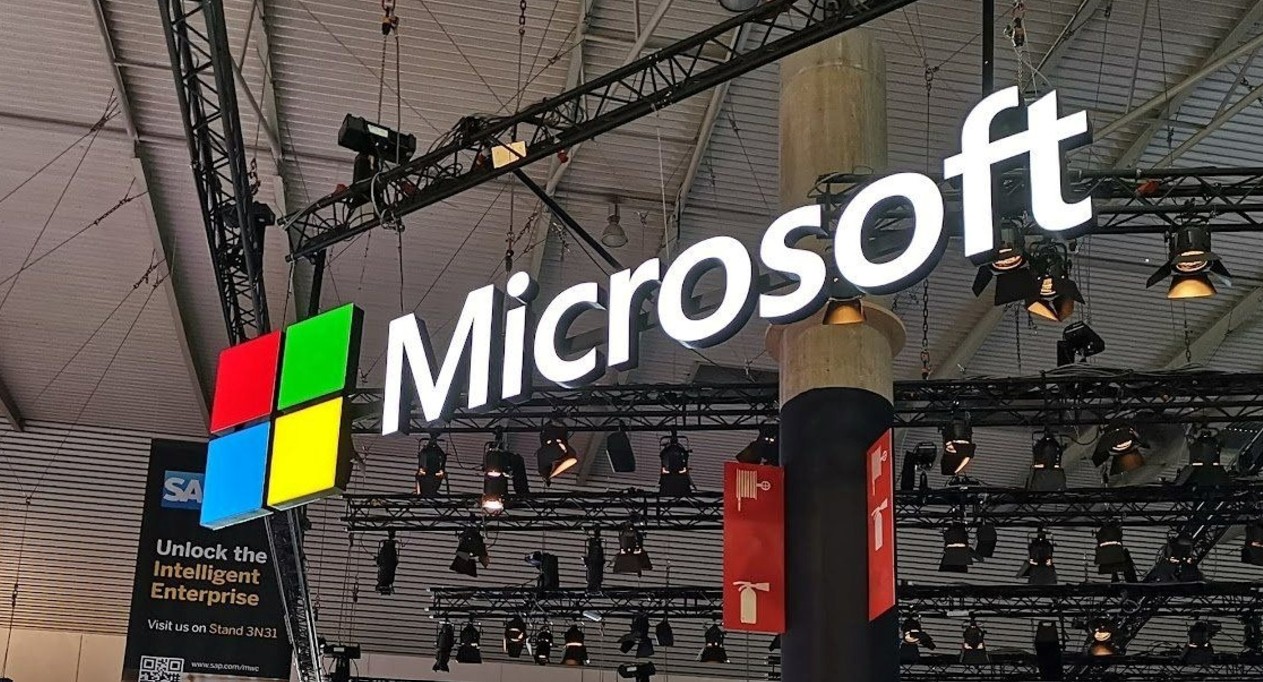Microsoft expands its Sovereign Cloud as Europe demands greater data control
Microsoft announced a package of solutions that focus on data sovereignty.

All the latest news, reviews, and guides for Windows and Xbox diehards.
You are now subscribed
Your newsletter sign-up was successful
Microsoft just announced a package of solutions focused on digital sovereignty. The offering ensures that European data remains in Europe and that only Microsoft employees based in Europe will handle that data.
Microsoft Sovereign Cloud, the umbrella under which all the new solutions fall, gives organizations in Europe more control over data. It includes tools and options for customer-controlled encryption and simplified configurations. There is also support for private cloud environments.
The new solutions include Data Guardian, External Key Management, Regulated Environment Management, and Microsoft 365 Local. Microsoft announced the expansion in a blog post:
"Building on our experience delivering sovereignty solutions that meet the needs of highly regulated customers and government agencies, our Sovereign Public Cloud is an evolution and expansion of the Microsoft Cloud for Sovereignty and will be offered across all existing European datacenter regions, for all European customers, across enterprise services such as Microsoft Azure, Microsoft 365, Microsoft Security and Power Platform. Sovereign Public Cloud ensures customer data stays in Europe, under European Law, with operations and access controlled by European personnel, and encryption is under full control of customers. This is enabled for all customer workloads running in our European datacenter regions requiring no migration."
In select regions and countries, Microsoft has additional solutions to ensure sovereignty. In France and Germany, the National Partner Cloud offers Microsoft 365 and Microsoft Azure in independently owned and operated environments.
Digital sovereignty
Microsoft's announcement came shortly after Denmark's Ministry of Digital Affairs shared plans to shift away from Office 365 and Windows 11. The ministry cited digital sovereignty as the reason for the switch (emphasis added):
"It is not about isolation or digital nationalism. We should not turn our backs completely on global technology companies – many of them provide solutions that we benefit from. This applies both today and in the future. But we must never make ourselves so dependent on so few that we can no longer act freely. Too much public digital infrastructure is currently tied up with very few foreign suppliers. This makes us vulnerable."
All the latest news, reviews, and guides for Windows and Xbox diehards.
That announcement followed similar plans from Denmark’s two largest cities to move away from Microsoft services. The Copenhagen Audit Committee explained that if people cannot send emails because of a "political fallout, that's a huge problem."
While Microsoft Sovereign Cloud focuses on enterprise infrastructure and Denmark’s recent decision centered on public sector software, both reflect the same underlying concern: data independence and control over how information is handled.
Microsoft’s new sovereignty-focused solutions offer an alternative to switching to Linux or non-Microsoft software suites, while still prioritizing data independence.

Sean Endicott is a news writer and apps editor for Windows Central with 11+ years of experience. A Nottingham Trent journalism graduate, Sean has covered the industry’s arc from the Lumia era to the launch of Windows 11 and generative AI. Having started at Thrifter, he uses his expertise in price tracking to help readers find genuine hardware value.
Beyond tech news, Sean is a UK sports media pioneer. In 2017, he became one of the first to stream via smartphone and is an expert in AP Capture systems. A tech-forward coach, he was named 2024 BAFA Youth Coach of the Year. He is focused on using technology—from AI to Clipchamp—to gain a practical edge.
You must confirm your public display name before commenting
Please logout and then login again, you will then be prompted to enter your display name.
